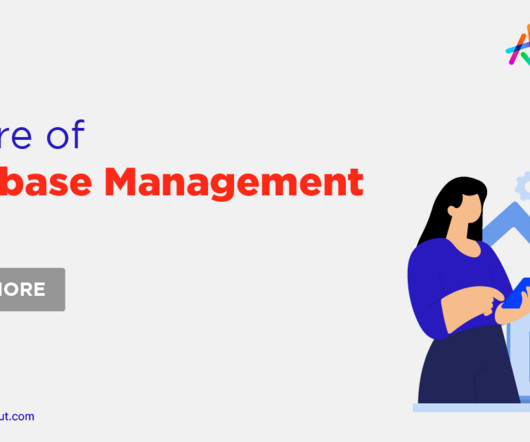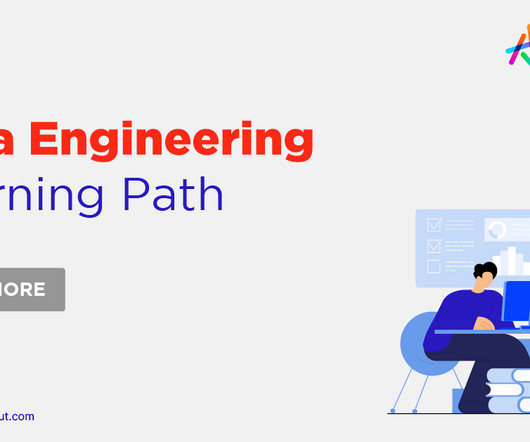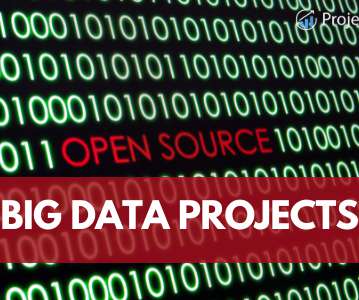The Future of Database Management in 2023
Knowledge Hut
JULY 24, 2023
NoSQL Databases NoSQL databases are non-relational databases (that do not store data in rows or columns) more effective than conventional relational databases (databases that store information in a tabular format) in handling unstructured and semi-structured data.












Let's personalize your content